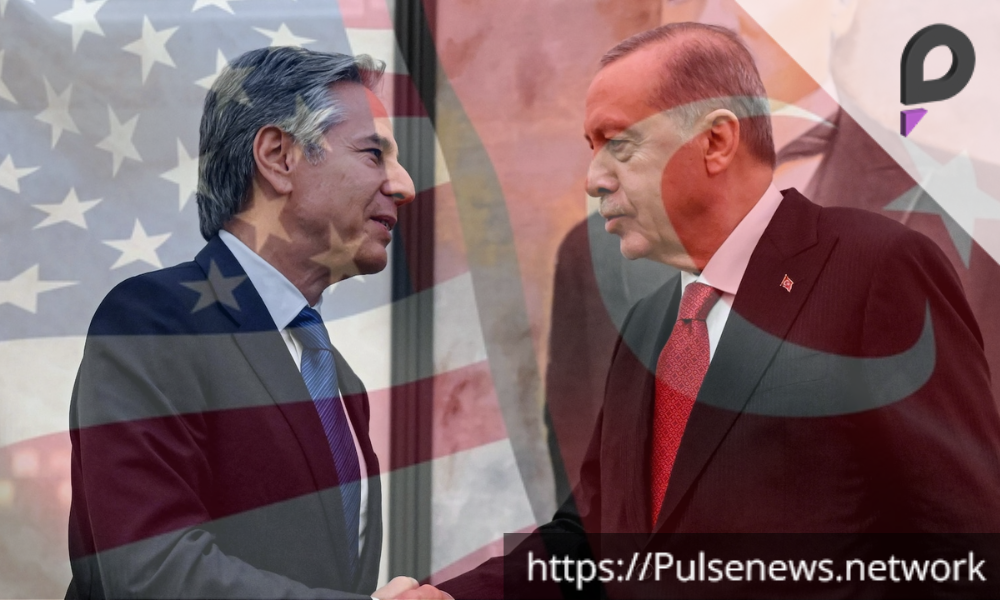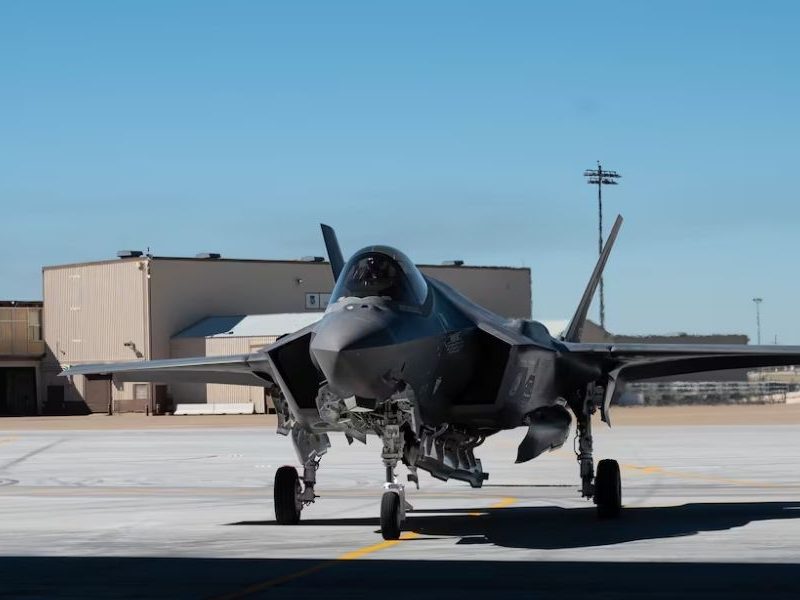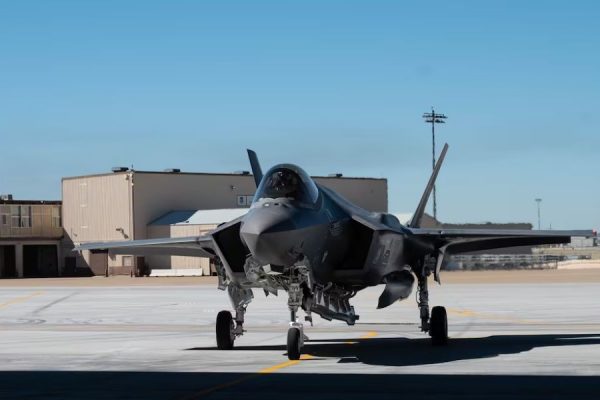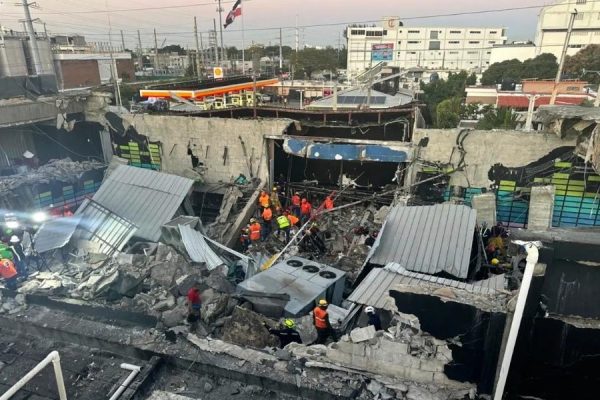Aqaba, Jordan: Officials from the United States, Turkey, and several Arab nations have voiced their commitment to supporting a peaceful transition in Syria. The announcement followed a high-profile meeting held in Aqaba, Jordan, where regional and international players convened to discuss Syria’s future amidst its ongoing turmoil.
A Call for Stability in Syria
Jordanian Foreign Minister Ayman Safadi emphasized the importance of avoiding further chaos in Syria, warning against the dangers of instability. “Regional powers agree that we cannot allow Syria to descend into chaos,” Safadi stated. The joint declaration from the meeting underscored the need for an inclusive government that respects the rights of all Syrians, particularly minorities, and ensures Syria does not become a hub for terrorism.
US Acknowledges Contact with Rebel Group HTS
In a significant development, US Secretary of State Antony Blinken confirmed that Washington has engaged directly with the rebel group Hayat Tahrir al-Sham (HTS). This group played a central role in overthrowing President Bashar al-Assad’s regime. Blinken highlighted that discussions have addressed critical issues, including the fate of missing American journalist Austin Tice.
Despite HTS’s violent past and its designation as a terrorist organization, Blinken hinted at the group’s stated intentions of forming an inclusive government. However, skepticism remains about whether HTS can follow through on its promises given its extremist history.
Regional Concerns Echoed by Arab Leaders
Iraqi Foreign Minister Fuad Hussein expressed shared concerns about Syria’s future, drawing parallels to the chaos that followed Libya’s post-Gaddafi era. Hussein underscored the regional necessity of a unified approach to avoid a repeat of past mistakes in the Middle East.
Turkish Foreign Minister Hakan Fidan stressed the importance of maintaining and reforming Syria’s existing institutions to ensure stability. He also warned against allowing terrorist groups to exploit the transitional phase. “We must coordinate our efforts and learn from the lessons of the past,” Fidan urged.
Challenges and Absences in the Discussions
Notably absent from the talks were representatives from Syria itself, as well as Iran and Russia—key allies of Assad who played critical roles in keeping him in power. Their exclusion highlights the complex geopolitical dynamics surrounding Syria’s future.
The meeting participants reiterated their goal of preserving Syria’s territorial integrity and avoiding sectarian divisions. However, the absence of Syrian voices and the heavy influence of external powers cast a shadow over the discussions.
A Path Forward for Syria
While the road ahead remains uncertain, the talks mark an important step in fostering dialogue among influential nations. The collective aim is to support a peaceful transition that can bring stability to Syria after years of conflict. However, significant challenges lie ahead, as the country grapples with deep divisions and the enduring impact of external interference.
Conclusion
The recent developments signify a renewed international focus on Syria’s future. For the Syrian people to achieve long-term stability and rebuild their nation, both internal cohesion and sustained support from the global community will be essential. Only time will reveal if these efforts can translate into meaningful change for a country that has endured over a decade of strife.












